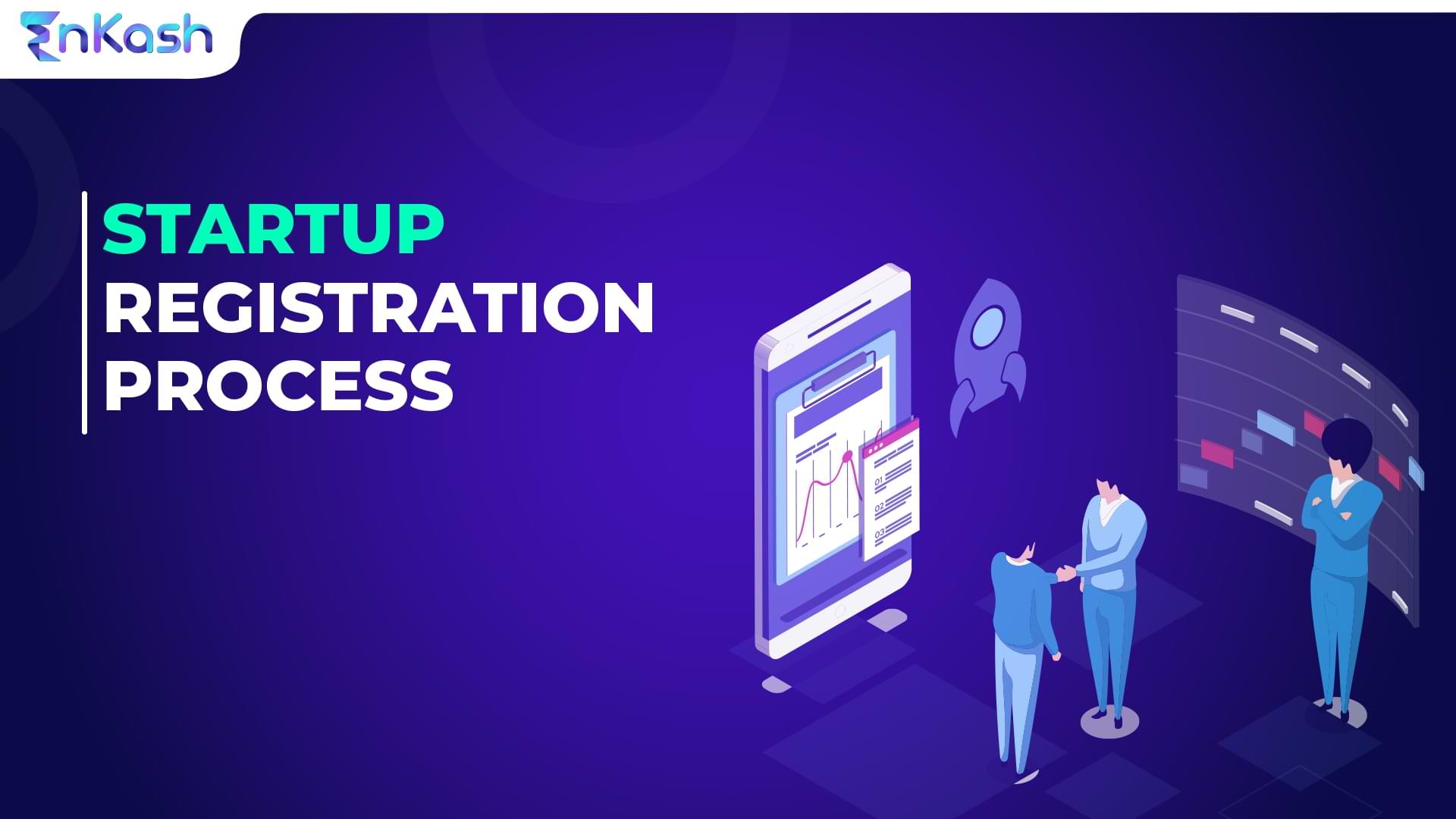The process of starting a business can be both exhilarating and difficult. In India, the startup registration process has been made simpler and more streamlined in recent years, thanks to the Indian government’s efforts to promote entrepreneurship and innovation. In this article, we will discuss what are startups, and the process of startup registration in India, including the eligibility criteria, fees, and other important considerations.
What are startups?
Startups in India refer to new and innovative businesses that are typically in their initial stages of development. These businesses are typically characterized by their focus on developing new products, processes, or services, driven by technology or intellectual property.
Some examples of startups in India include technology companies such as Flipkart and Ola, which have disrupted traditional industries such as e-commerce and transportation, as well as healthcare startups such as Practo and 1mg, which have made access to healthcare services more convenient and affordable for consumers.
Eligibility Criteria for Startup Registration
The first step in registering a startup in India is to determine whether your business meets the definition of a ‘startup’ as defined by the Indian government. According to the Department for Promotion of Industry and Internal Trade (DPIIT), a startup is an entity that is incorporated or registered in India, is not more than seven years old, and has a turnover of less than INR 100 crores. The startup must also be pursuing research, development, deployment, or commercialization of new goods, processes, or services that are supported by intellectual property or technology.
Process of Startup Registration in India
Once you have determined that your business qualifies as a startup, the next step is to register your company with the Registrar of Companies (ROC). The startup registration process with the ROC includes registering online through the Ministry of Corporate Affairs (MCA) portal. Startup registration can be done by filing the necessary documents, including the Memorandum of Association (MOA) and the Articles of Association (AOA), with the ROC.
-
Licenses and Permits
After registering your company with the ROC, the next step is to obtain various licenses and permits that are needed to run your business. Depending on the nature of your business, you may need to obtain licenses from various government departments, such as the Food Safety and Standards Authority of India (FSSAI) for a food-related business, or the Drug Controller General of India (DCGI) for a pharmaceutical business.
-
Registration for Taxes
In addition to registering your company and obtaining the necessary licenses, you may also need to register for taxes. This includes registering for the Goods and Services Tax (GST), which is a value-added tax that is charged on the sale of goods and services in India. You will also need to register for the Professional Tax, which is a tax that is levied on the income of professionals such as doctors, engineers, and chartered accountants.
Once you have completed the registration process and obtained the necessary licenses and permits, you can officially start your business. However, it is important to note that the registration process for a startup can be time-consuming and may require a significant amount of paperwork. Therefore, it is recommended that you seek professional help, such as from a lawyer or a chartered accountant, to ensure that the process is completed correctly and efficiently.
Startup Registration fees
In terms of fees, the startup registration fees in India vary depending on the size and type of the business. For example, registering a company with the ROC typically costs around INR 10,000, while obtaining various licenses and permits can cost anywhere from a few thousand to a few lakh rupees. Additionally, you will need to pay a fee for registering for GST, which can vary depending on your state and the nature of your business.
It’s important to note that the Indian Government has launched an initiative called ‘Startup India’ which aims to provide a range of benefits to startups, including tax exemptions, simplified compliance procedures, and access to funding and mentorship. To avail these benefits, the Startups need to be recognized by the DPIIT and be compliant with their guidelines.
Conclusion
The process of startup registration in India has been made simpler and more streamlined in recent years. The first step is to determine whether your business meets the definition of a ‘startup’ as defined by the Indian government. Once you have determined that your business qualifies, you can register your company with the Registrar of Companies (ROC) which can be done online through the Ministry of Corporate Affairs (MCA) portal.
The cost of startup registration is around INR 10,000 while obtaining various licenses and permits can cost anywhere from a few thousand to a few lakh rupees. Additionally, you will need to pay a fee for registering for GST, which can vary depending on your state and the nature of your business.














